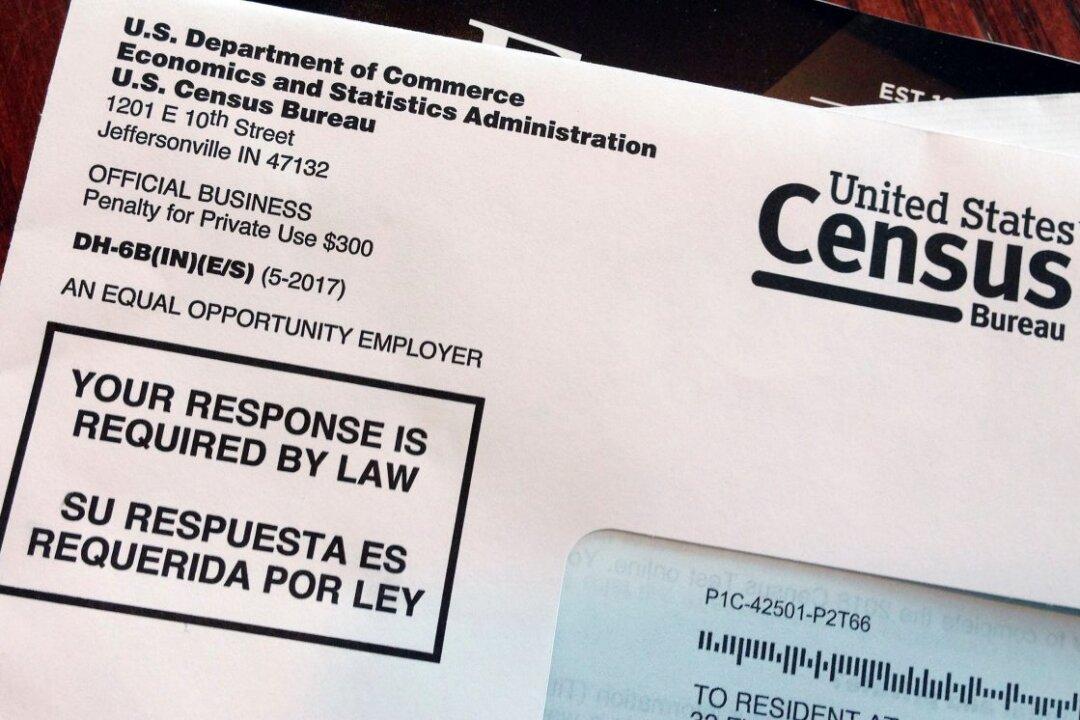Update July 3: Since the publishing of this report, President Donald Trump has responded to the news that the Census form will be printed without the question, saying that he had instructed the Commerce and Justice Departments to continue to pursue efforts to add a citizenship question. Please read updates here.
The Trump administration said on July 2 they will begin printing 2020 census forms without the citizenship question. This comes days after the Supreme Court blocked the administration from being able to include it onto the nationwide questionnaire.




